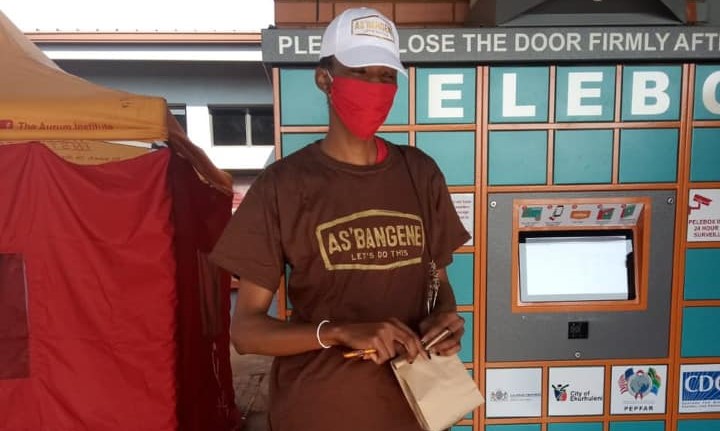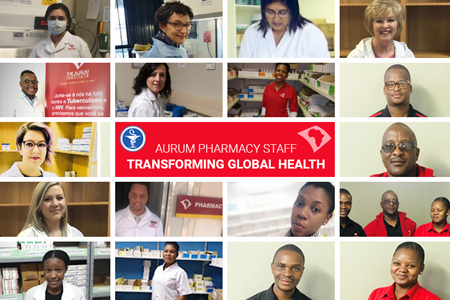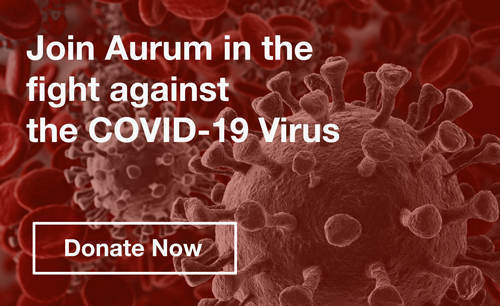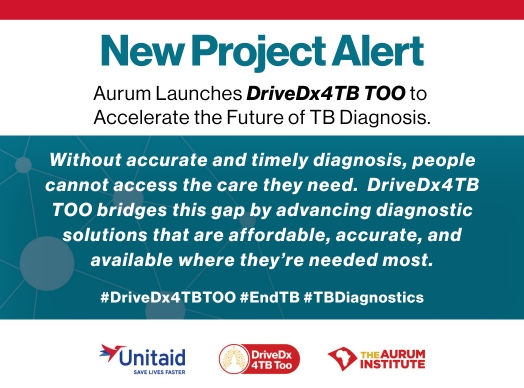Sibusiso Nkabinde has been diligently taking his antiretroviral treatment (ART) for 7 years, but with the advent of COVID-19, he found himself conflicted. “From the very beginning there were concerns about HIV positive people being more vulnerable to COVID. It was a Catch 22; do I go to the clinic and risk infection or do I stay away and default on my medication? To me it seemed like a lose-lose situation.”
Fortunately for Nkabinde, a friend told him about As’bangene, The Aurum Institute’s campaign in Ekurhuleni, which encourages and supports young people to make healthy lifestyle choices, particularly in relation to HIV. “I joined the As’bangene WhatsApp Squad, where I shared my fears and they connected me to collect my medication at a Pelebox,” he said. It now takes him less than two minutes to collect his medication at his convenience, and without having to queue for hours.
“It not only saves me time, but it makes adhering so much easier. We know that ART saves lives but there are so many things which can make a person default, so I believe making it convenient, is half the battle won,” he said.
Having been diagnosed at the age of 21, it took him a year to disclose his status. “I feared stigma, but I needed support, I couldn’t go it alone anymore, so I told my family. As much as that was a relief, I still needed information and advice on how to stay healthy.” Nkabinde would usually wait until his monthly appointment to get health information at the clinic. “The digital age has made so much information available, but that’s just the thing, there is so much out there you don’t know where to start. As a young person, I’m all about quick solutions, which are easily accessible. I’m always on my phone so to be able to get specific health information and individual support through the WhatsApp Squad, means I’m empowered to make the right choices about my health,” said Nkabinde.
As’bange draws in young people through music, dance, great imagery and a street style with a kasi flavour. The movement is interactive and uses social media and local events so that young people have the space and opportunity to ask any questions about their health, sex, nutrition, chronic medication and relationships.
“It’s fun … It speaks to me as a young person and engages me in a way that I can relate to and on platforms I enjoy. As’bangene has been a game changer for me, and I’m encouraged to share my story to help other young people who are living with HIV in fear and uncertainty and open the eyes of those who are not, on how to stay safe and healthy,” added Nkabinde.
Nkabinde was recently a guest on the As’bangene Facebook live show, where he shared his experience on living openly with HIV. The interactive show has a reach of more than 6000 people who can raise questions and concerns and have them addressed in real time. Even more people are reached through interviews with Aurum staff on community radio stations three times a week, tackling subjects which are important to young people. It is tech-driven, youth-friendly solutions like As’bangene and the Pelebox which Nkabinde believes brings young people to healthcare services.














